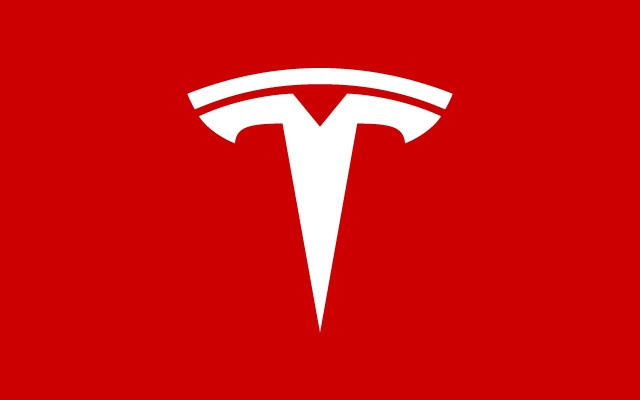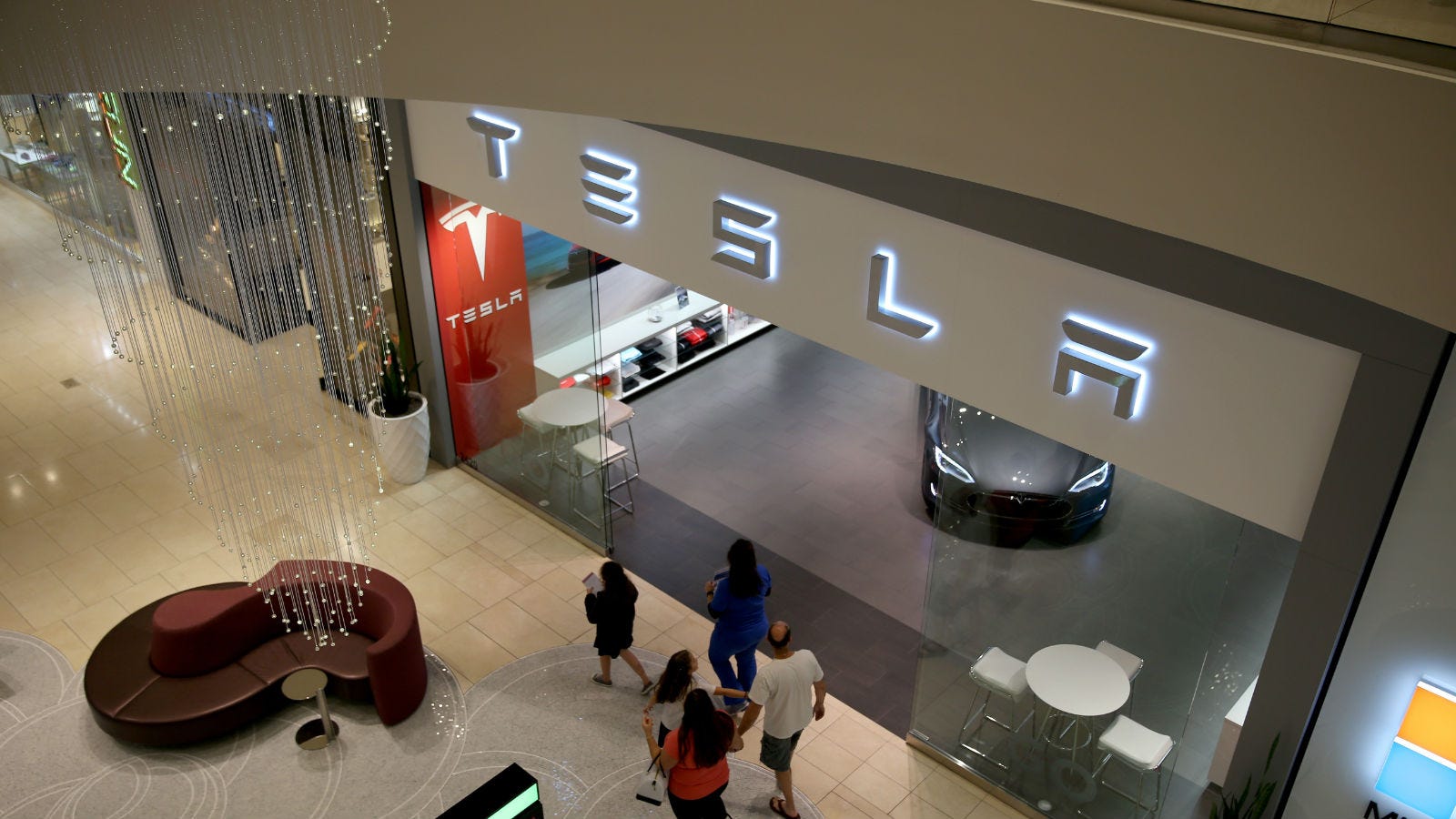Govt considering Tesla’s request for benefits to set up testing hub
Tesla Inc., the world’s largest electric car producer, has expressed interest in setting up innovation and destructive testing hubs for specific components and testing tracks for all vehicles in India. The government of India is considering this proposal, recognizing the potential benefits it could bring to the country’s automotive industry.
The proposal from Tesla includes the establishment of testing tracks and destructive testing facilities. Destructive testing involves subjecting components or materials to various destructive methods to analyze their points of failure. This process allows for a comprehensive assessment of flexibility and strength under pressure.
The Indian government views this proposal as an opportunity to bring an innovative and cost-intensive aspect of the automotive industry to the country. India’s diverse road conditions make it an ideal location for testing and refining vehicles, and having testing facilities in India could enable Tesla to develop and test its cars for markets worldwide.
While these initiatives are cost-intensive and require specialized skill sets, they have the potential to contribute to India’s automotive ecosystem in terms of technology and innovation. The discussions between Tesla and the Indian government are ongoing, and negotiations regarding benefits and incentives for such initiatives are part of the dialogue.
The outcome of these discussions and potential agreements could impact the automotive industry in India and further Tesla’s presence and operations in the country.

The Indian government is open to offering benefits and incentives for initiatives related to innovation and destructive testing hubs, as well as testing tracks for all vehicles in the automobile sector. The scope for negotiations is significant, and decisions in this regard will be made by relevant line ministries, including the Ministry of Heavy Industries, the Ministry of Electronics and Information Technology, and the Ministry of Road Transport and Highways.
Negotiations and discussions are ongoing, and any potential agreements would involve determining the nature and extent of benefits that Tesla or other automotive companies may receive for such initiatives.
India already has the National Automotive Test Tracks in Madhya Pradesh, which includes various specialized tracks like the High-Speed Track, Multi-Friction Braking Track, Gradient Track, Fatigue Track, Gravel and Off-Road Track, and Comfort Track. These tracks are part of a flagship project by the Ministry of Heavy Industries.
The government’s willingness to explore and potentially support initiatives related to testing and innovation in the automotive sector reflects its commitment to promoting technology and innovation in the country’s rapidly evolving automotive industry. Such initiatives could have far-reaching benefits for the sector and contribute to India’s position in the global automotive landscape.

The Indian government has expressed concerns about the labor and employment requirements of a potential Tesla manufacturing unit in the country. High-tech electric car assembly lines tend to be highly automated, which may limit the number of jobs created by such facilities. This concern underscores the government’s interest in evaluating the potential economic impact and employment generation associated with any large-scale manufacturing operations.
Regarding tax benefits for electric cars, the official reiterated that the government is not considering concessions for high-end electric vehicles (EVs). The focus appears to be on providing tax benefits for EVs that are intended for use by the general population or the new generation of consumers. While the government has already provided substantial tax benefits for EVs, it does not appear inclined to offer additional incentives to high-end EVs.
These comments reflect the government’s approach to promote the adoption of electric vehicles while also considering the economic and fiscal implications of such policies. The government’s stance on tax benefits aligns with the goal of encouraging the use of electric vehicles as a more sustainable and environmentally friendly transportation option, particularly for the broader population.
Tesla is known for manufacturing high-end electric cars with prices typically exceeding $40,000. The company is also at the forefront of innovation in areas such as auto-pilot features and concept vehicles.
The Indian government’s stance appears to be that tax concessions or incentives for manufacturing or imports of electric vehicles, including high-end models, are contingent on several factors, including the proven viability of concepts and the establishment of a cost-benefit association. Until these criteria are met, the government may not provide tax concessions for such initiatives.
It’s worth noting that the government’s approach to tax benefits and incentives for electric vehicles may evolve over time as the electric vehicle market matures and technology advances.
Requests for comments from relevant government ministries and Tesla remained unanswered, suggesting that discussions and negotiations on these matters may still be ongoing or have not been publicly disclosed at this time. The government’s stance reflects its consideration of various factors in formulating policies related to electric vehicles and manufacturing incentives.



